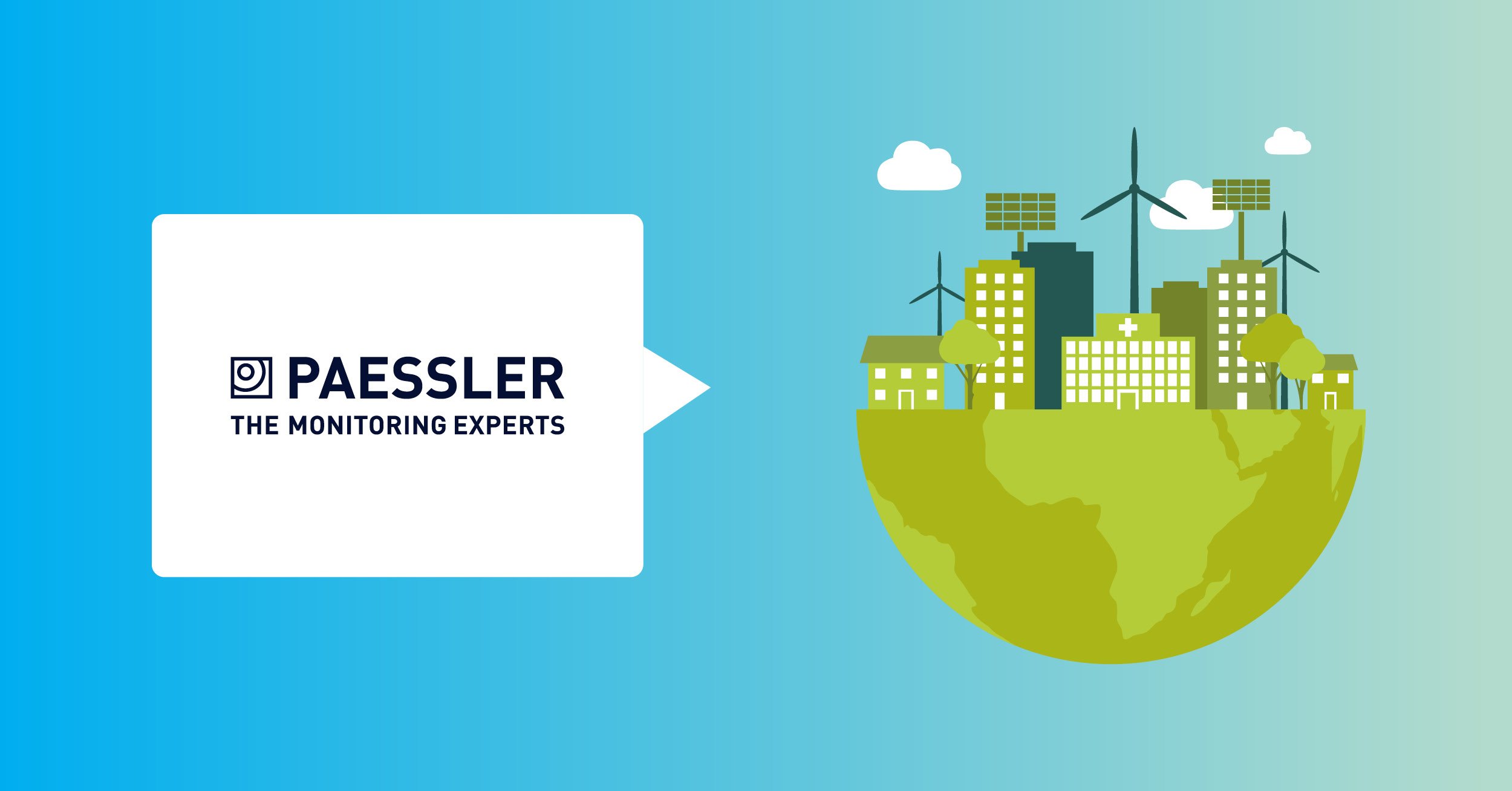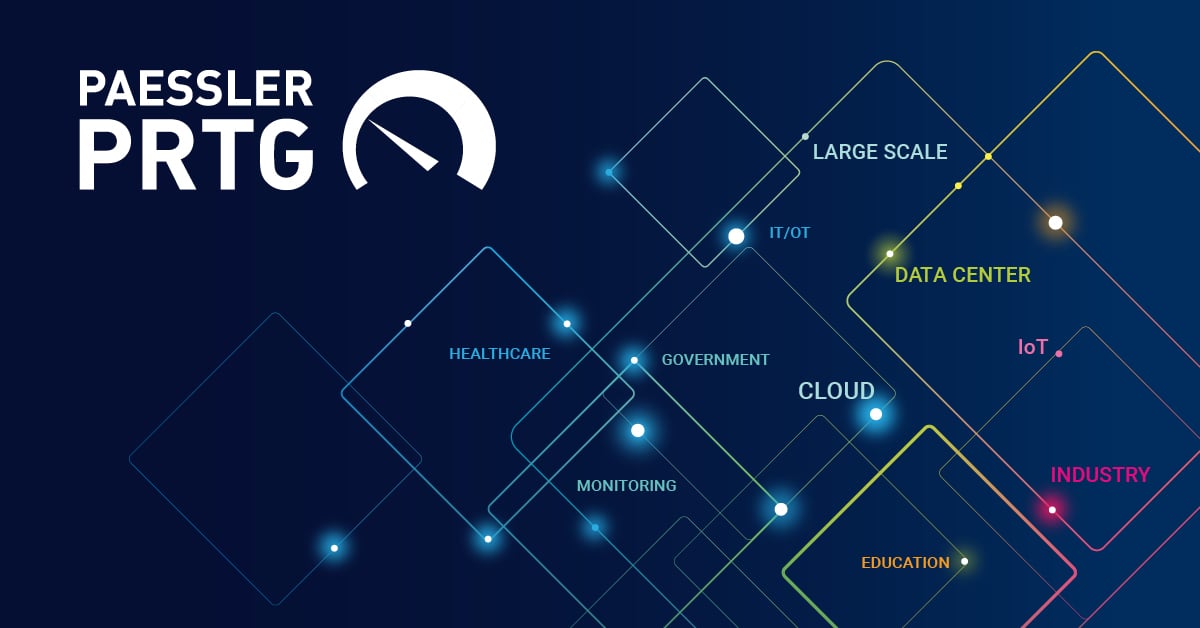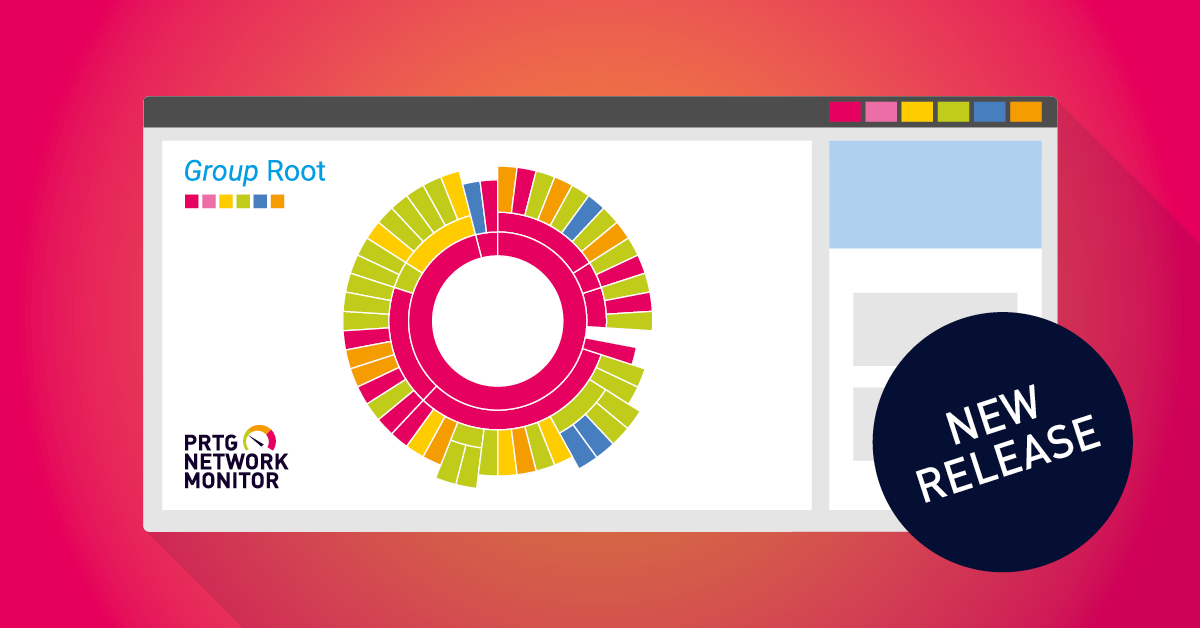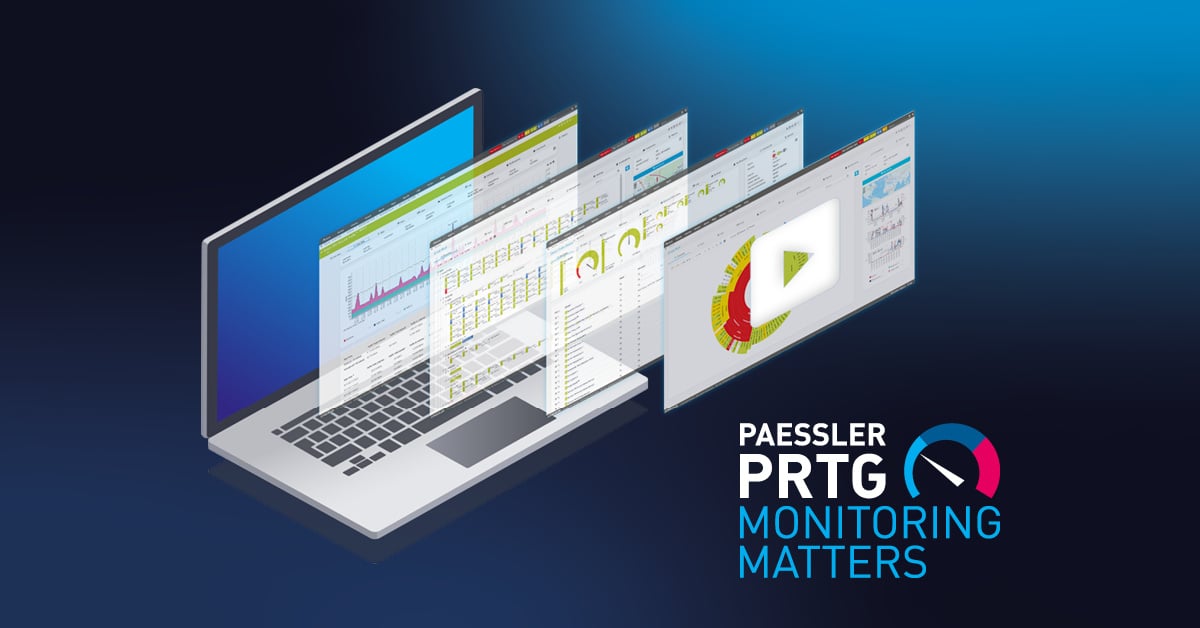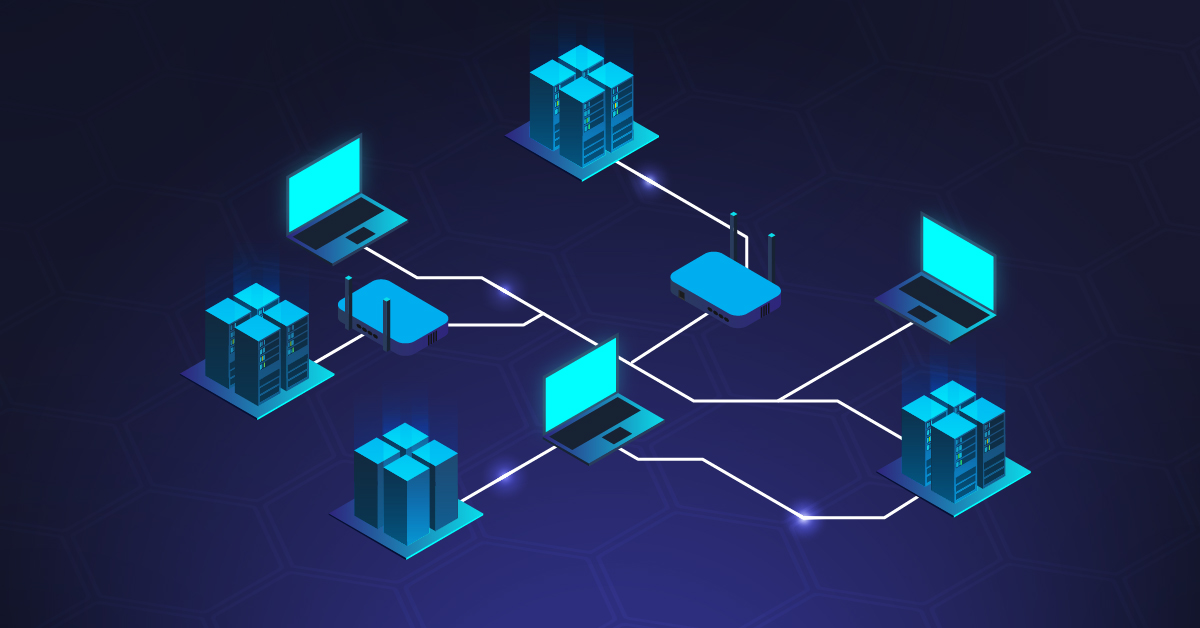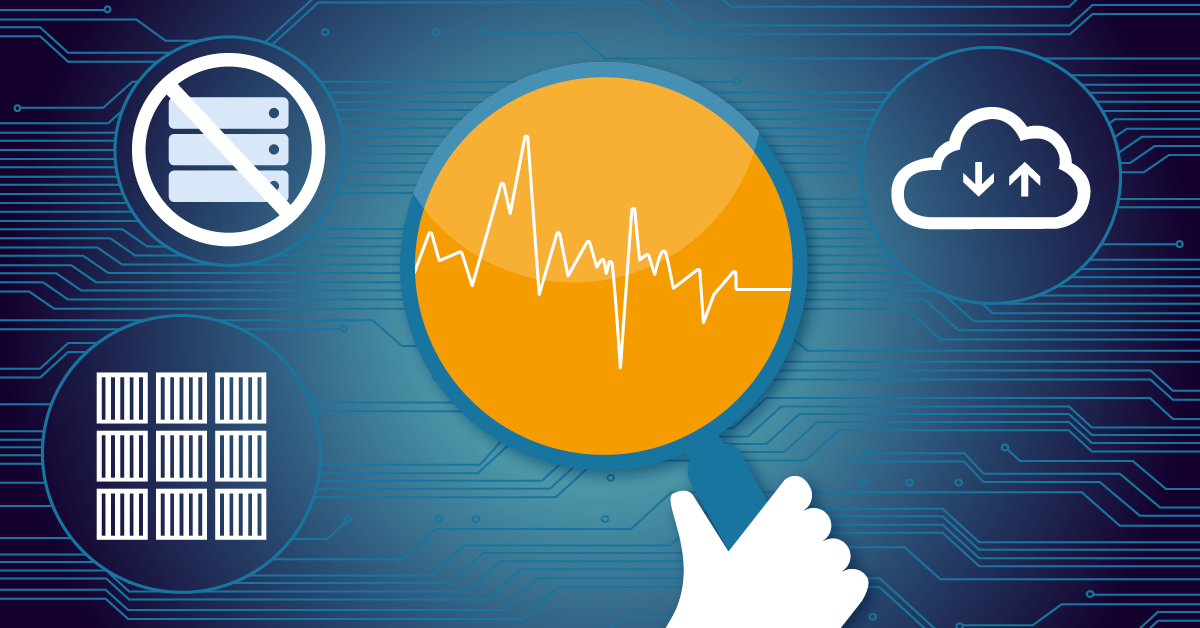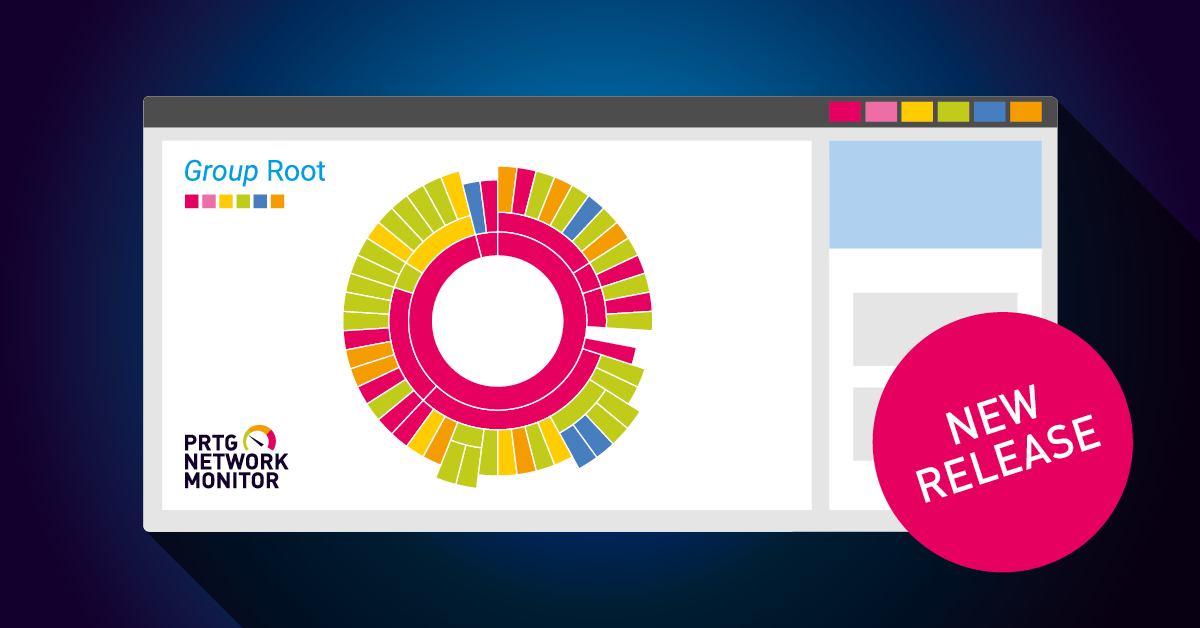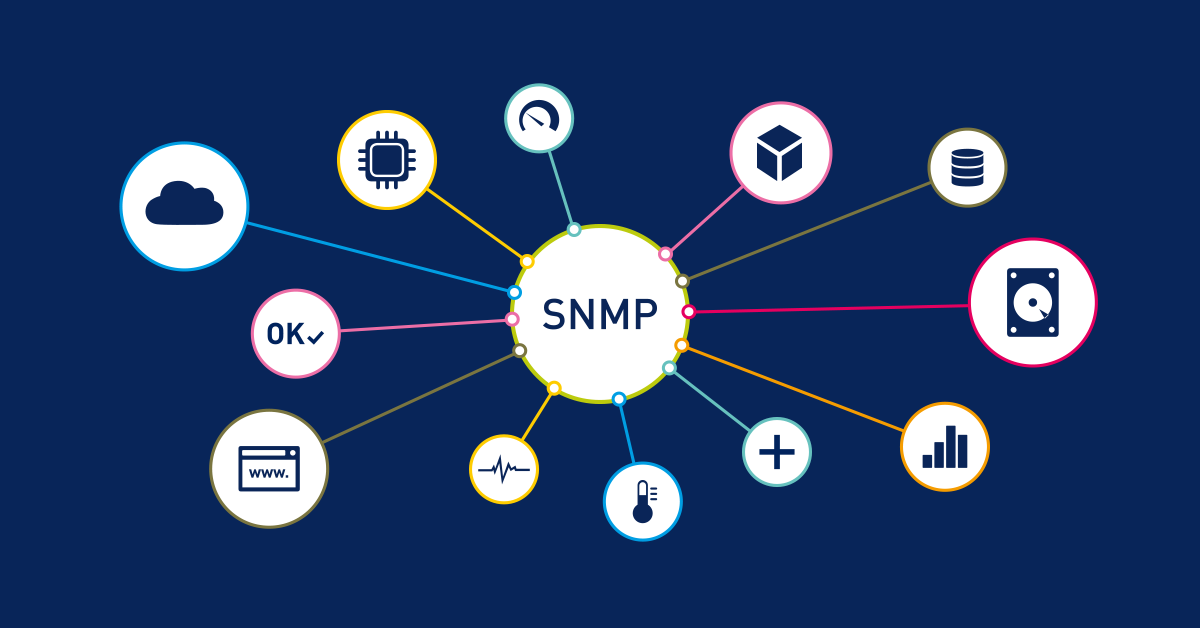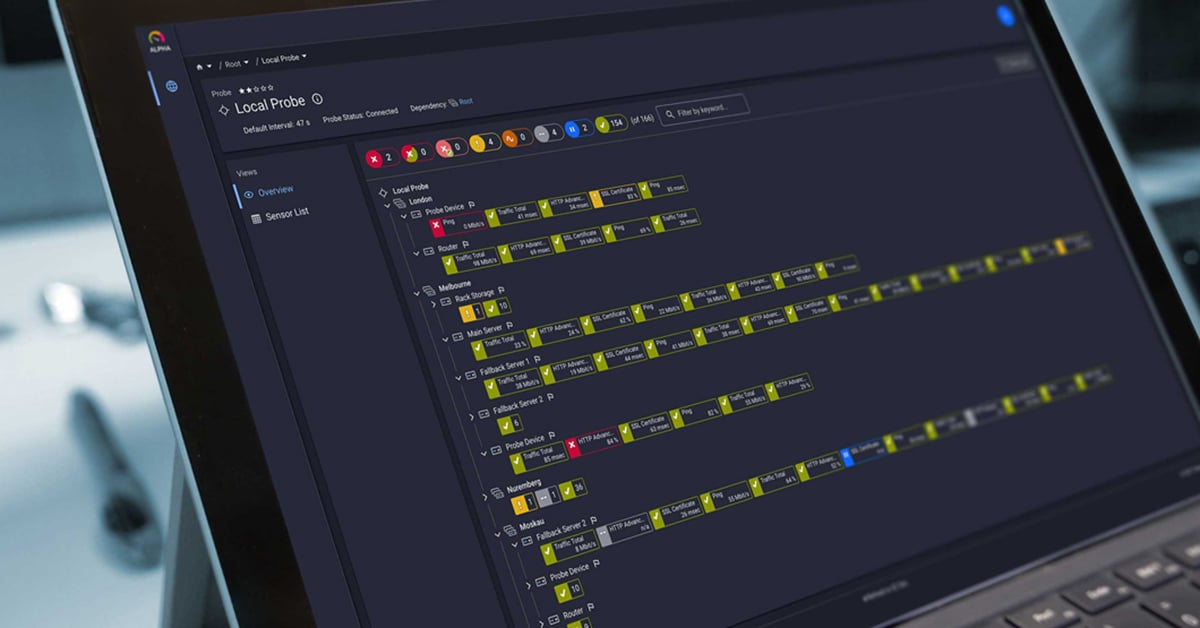At Paessler, we make software with a mission. We want to enable our customers to monitor and improve the performance of their IT infrastructure at all times, thereby simplifying the day-to-day lives of sysadmins. At the same time, we want to empower our customers through our products to identify and reduce resource consumption wherever possible. Two current customers and users of Paessler PRTG agreed to answer some questions for us about the focus of both their classical IT and resource monitoring, what it looks like (along with some specific screenshots) and what hurdles they had to overcome. Let's take a look!
Two different industries and use cases
The interviewed companies are NEXE, a producer of construction materials, and IKOR, which is among the TOP 20 medium-sized IT service providers in Germany. We conducted the interview with sysadmins from the companies. Some screenshots, which were made available to us, accompany the information.
Let's talk with NEXE
iAbout NEXE
NEXE is a leading regional producer of construction material and consists of no fewer than 15 sub-companies. As of today, more than 1700 employees work for NEXE and the operational business covers 3 countries, namely Croatia, Bosnia and Herzegovina, and Serbia.

»When did you first hear about Paessler and how long did it take you to start using Paessler PRTG for monitoring your IT systems?«
It was a long time ago (10 years ago, maybe) that we have heard about Paessler PRTG, but the real need for a monitoring solution became apparent to us around 2019, so around two years ago. It took us a few weeks to get around the first install, with all other tasks and duties we had. After the auto-discovery, setting up groups and adding devices, it was harvesting time. 😊 We find PRTG easy to set-up because of all the out-of-the-box sensors and monitoring configurations you can use with a click and a few basic parameters (like IP address). The auto-discovery of devices and sensor recommendations are a great help too! There's no steep learning curve, you can be up and running in no time, leaving much more time for sysadmins to do other stuff.
»Describe the industry you work in and the daily challenges you face as an IT expert.«
We work in an owning company that owns around 15 companies in three countries with 40+ locations that mainly manufactures building materials, but we also have some agricultural companies, dairy farms, wineries, sport clubs, financial companies… the whole nine yards! 😊 In a complex and geographically dispersed IT eco-system, with heterogeneous equipment and OT systems integrated with IT systems, the biggest challenge is keeping everything running, preventing issues from escalating and being quick with troubleshooting. The latter is a surprise from PRTG as it has proven itself as an outstanding troubleshooting tool, among other monitoring-related things, at least for us.
»Which classic IT monitoring tasks does Paessler PRTG perform in your company?«
PRTG monitors everything! From network equipment, servers, services on those servers, applications, temperatures in data centers, temperature in servers to memory consumption of certain processes and services on those servers. We're amazed by the versatility and modularity of PRTG. With PRTG, we can let our imagination run wild, because, if something is able to give some kind of digital output, we can monitor it with PRTG.
Screenshot showing spikes in handle counts inside a windows process:
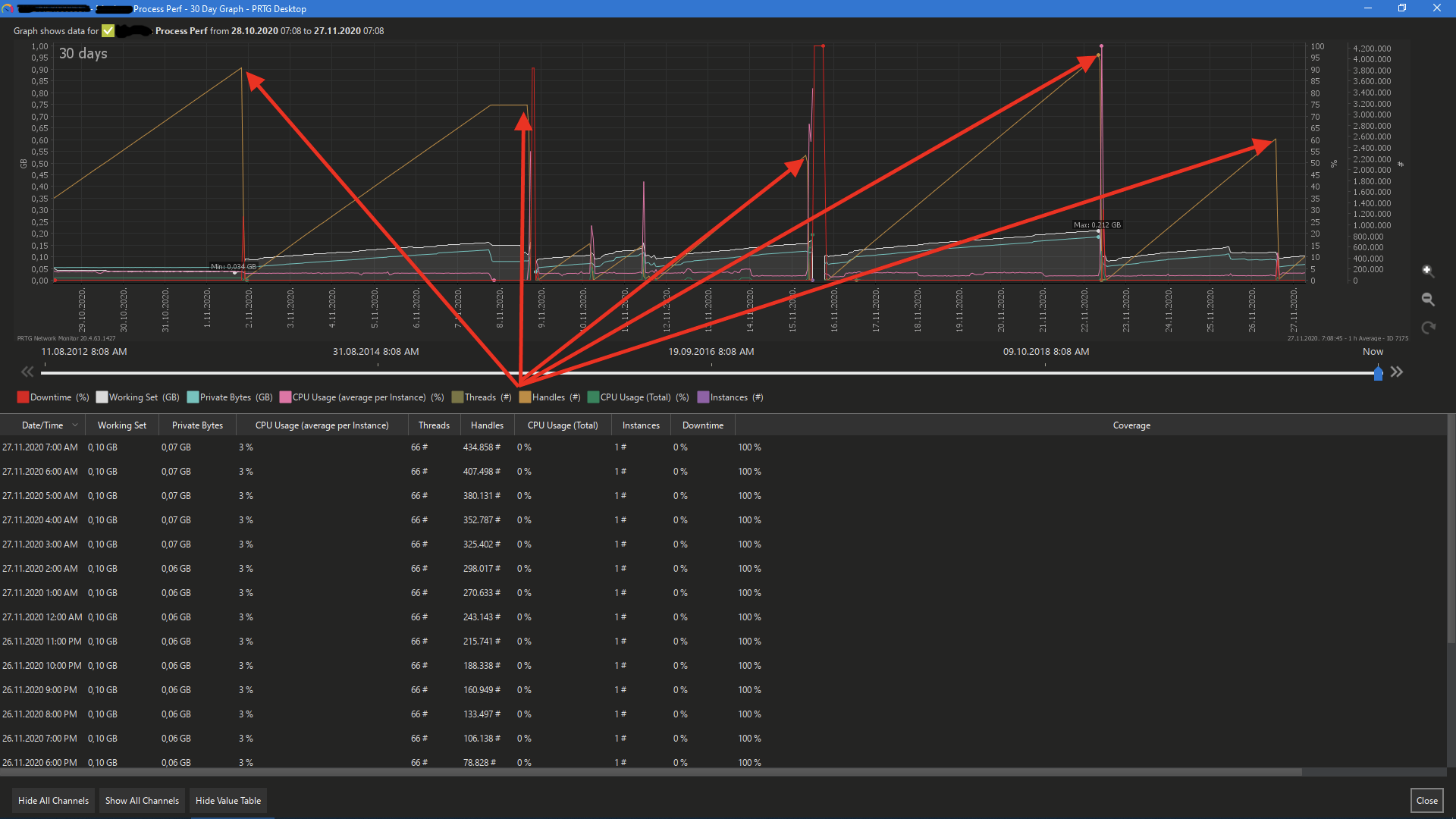
Offending process view in PRTG sensor tree, showing seasonality in this issue:
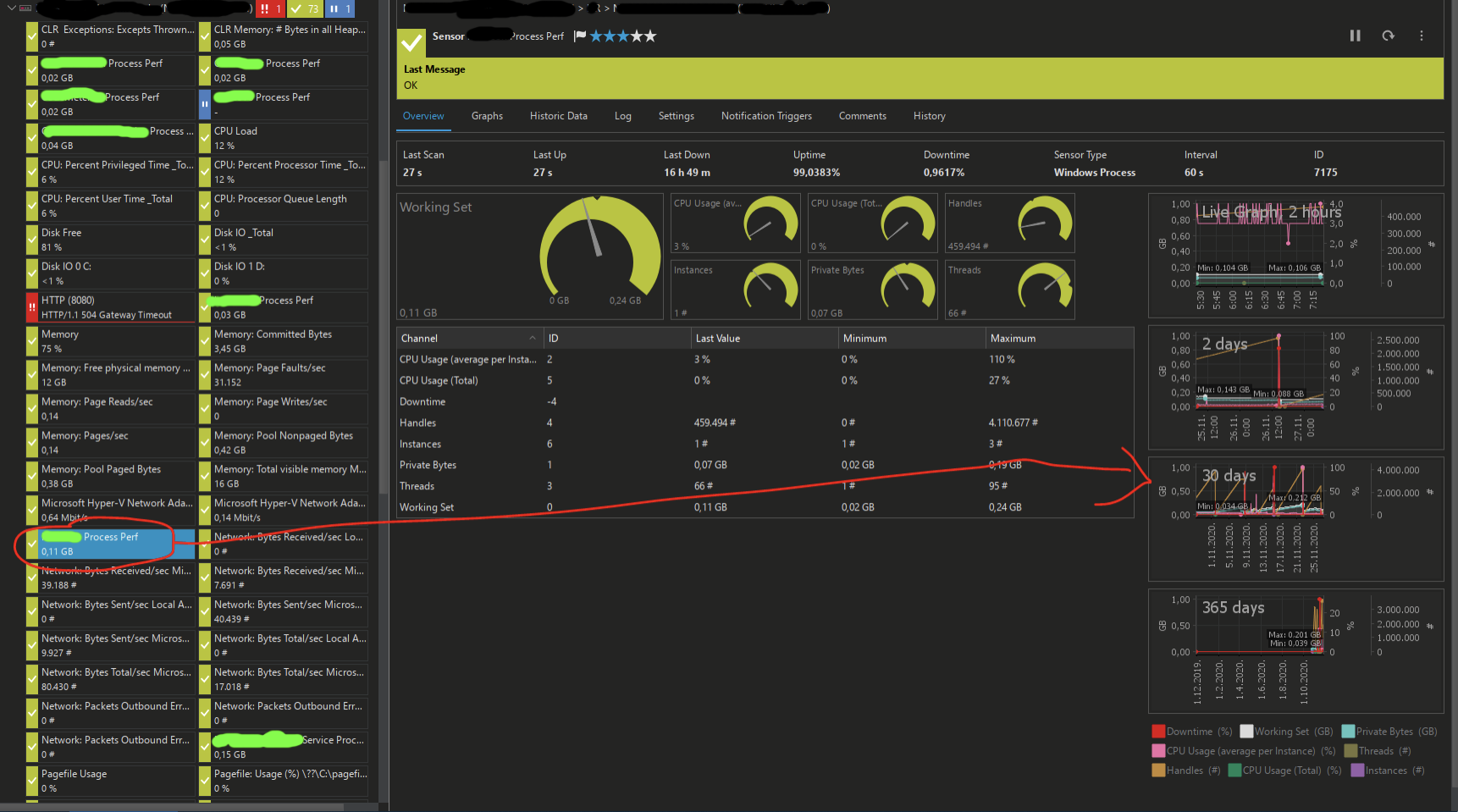
»Avoiding the consumption of resources can mean many things: Saving energy, various energy optimizations, less CO2 emissions, the purchase of less technical equipment, and much more: How do you reduce the consumption of resources with Paessler PRTG?«
One powerful feature of PRTG is historical data. In our case, it helps us prove that servers don't need more memory because we can show the graph in PRTG for the past 365 days and clearly paint a picture where the server has more than enough memory, that it has never ran out of memory and that throwing more hardware (which means more money) wouldn’t help. The same thing goes with CPU resources, disk space and so on. Another feature that we like is the ability to pin-point bottlenecks in troubleshooting sessions, allowing us to find the causes of issues rather quickly and saving valuable time spent in chasing ghosts, tossing the hot potato around different departments and getting back to our duties in a short amount of time. Consequently, our users are also happier since their issues are resolved quickly and our IT system is back and running optimally in less time.
Screenshot showing a high handle count (roughly 2.5 million handles), a CPU spike to 100%, server halts, then a restart and lowering of the offending values before they start to rise again:
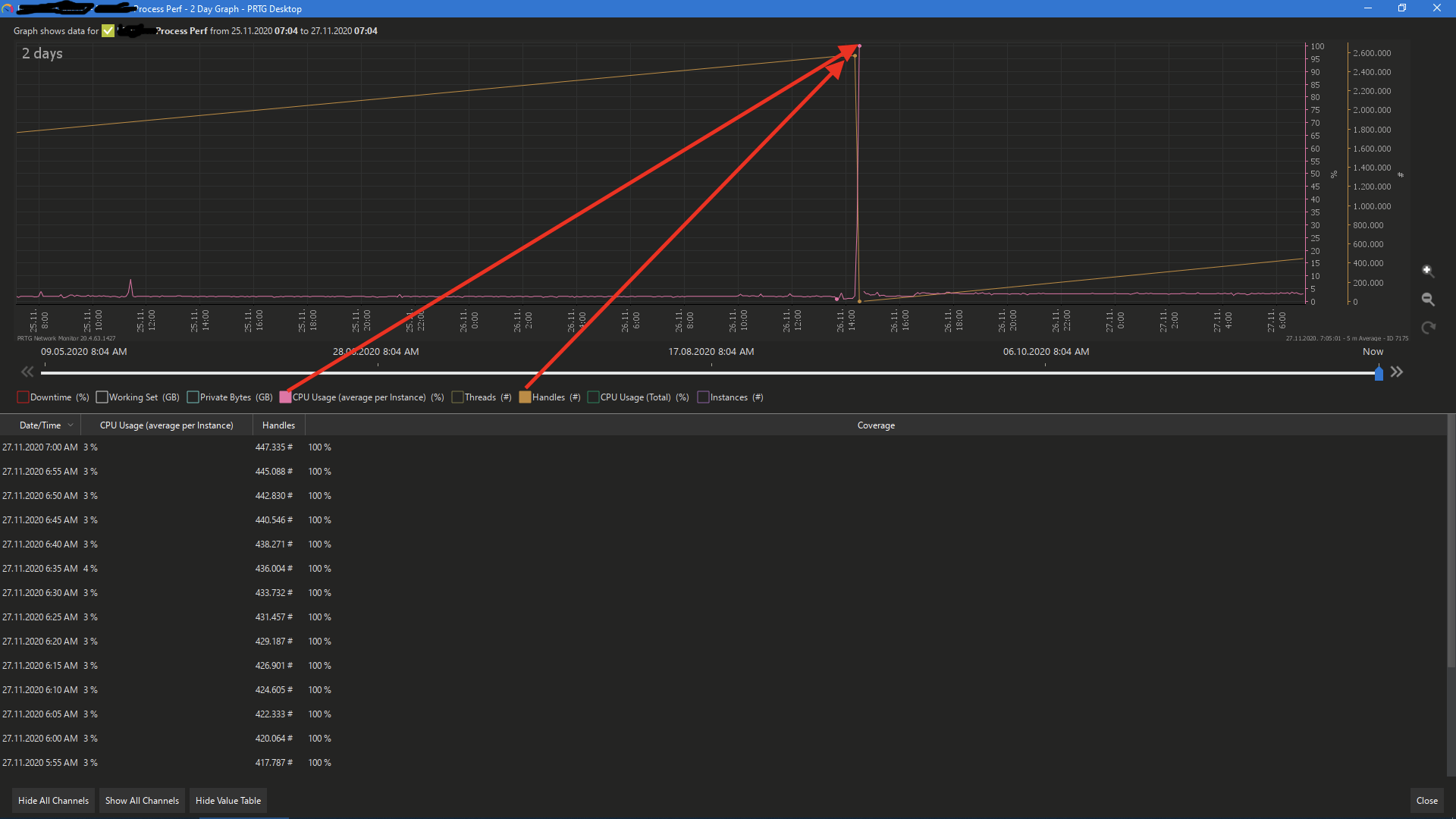
Investigation after PRTG alerted on the issue: Sysinternals Suite’s handle count showing a huge amount of file handles opened:
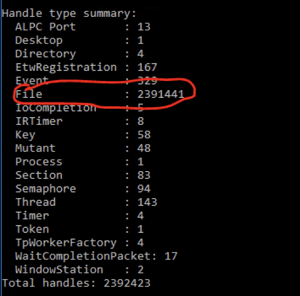
Let's talk with IKOR
iIKOR
IKOR has been around for more than 20 years. With more than 260 employees in Germany, Austria, Serbia, Poland and the UK, the company successfully digitizes business models, automates end-to-end processes and develops future-proof system landscapes. IKOR connects the participants of the digital economy and the interface economy across Europe.

»When did you first hear about Paessler and how long did it take you to start using Paessler PRTG for monitoring your IT systems?«
By name, we have known Paessler PRTG for over 10 years. Initially we were using a different monitoring tool, but after re-evaluating our needs at the time, PRTG was quickly chosen after a brief comparison of the market.
»Describe the industry you work in and the daily challenges you face as an IT expert.«
We are an IT consulting company, which focuses on, among other things, SAP consulting and other consulting for insurance companies.
»Which classic IT monitoring tasks does Paessler PRTG perform in your company?«
We use PRTG for monitoring hardware, software and services. In addition, we monitor our data center for temperature, power failure and other critical things.
»Avoiding the consumption of resources can mean many things: Saving energy, various energy optimizations, less CO2 emissions, the purchase of less technical equipment, and much more: How do you reduce the consumption of resources with Paessler PRTG?«
PRTG helps us to procure our hardware precisely as needed. Intelligently planned hardware resources only consume as much energy as is actually needed. Intelligently configured air conditioning systems only consume as much energy as is really needed. Early consolidated systems save energy. This also saves CO2 emissions, because we do not consume more than necessary. 👍
Live data CPU load:
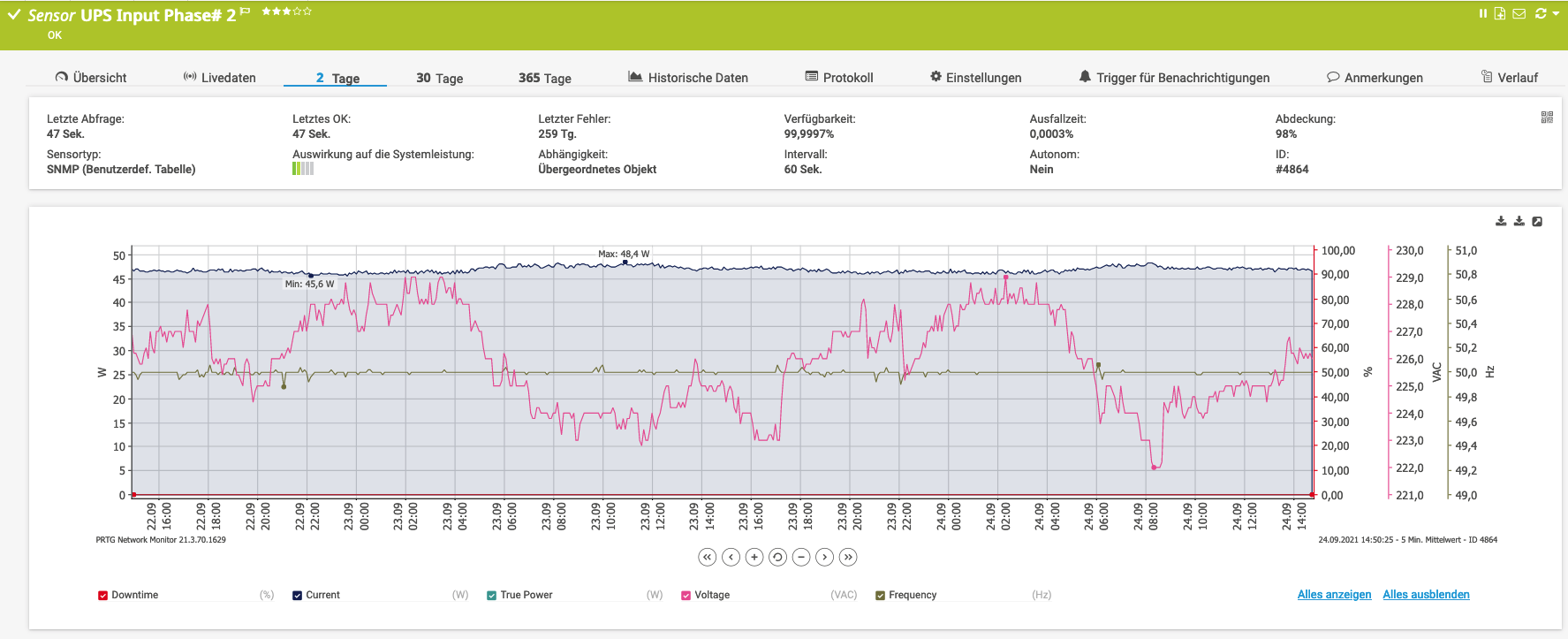
Sensor UPS Input:
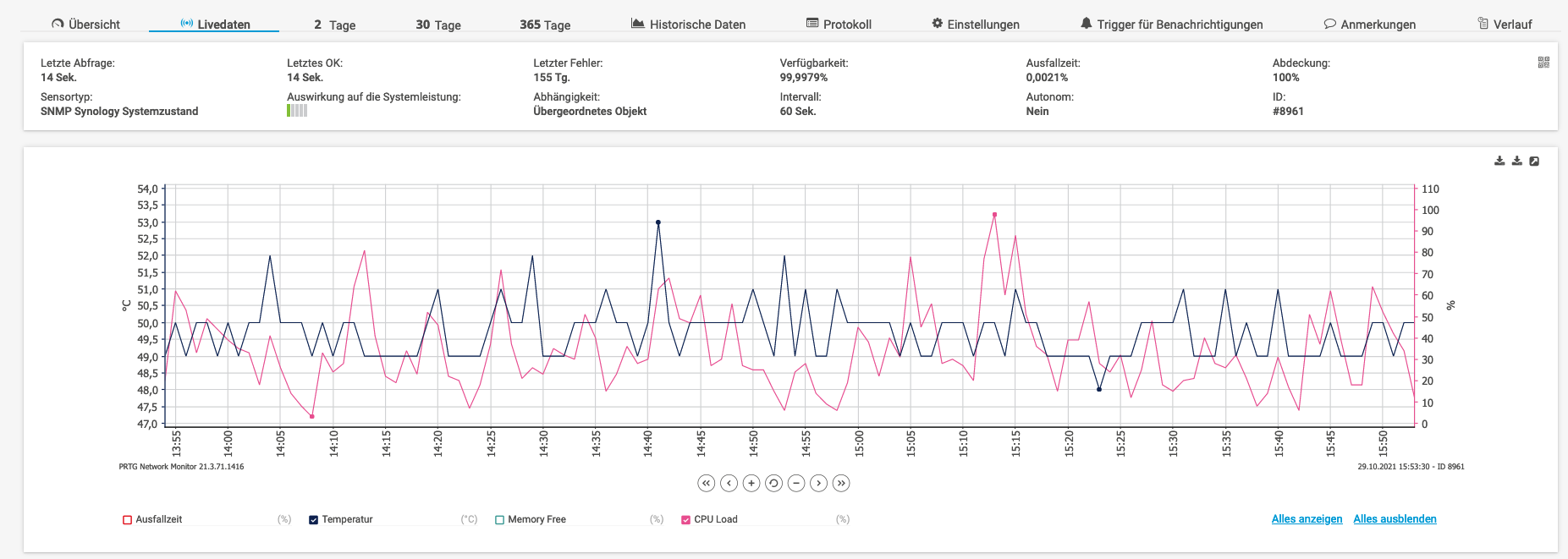
We want to thank NEXE and IKOR for this interview and ask all readers the following question:
Do you monitor resource consumption with Paessler PRTG in some way?
Come and talk to us; we would be very excited to hear from you.
 Published by
Published by 